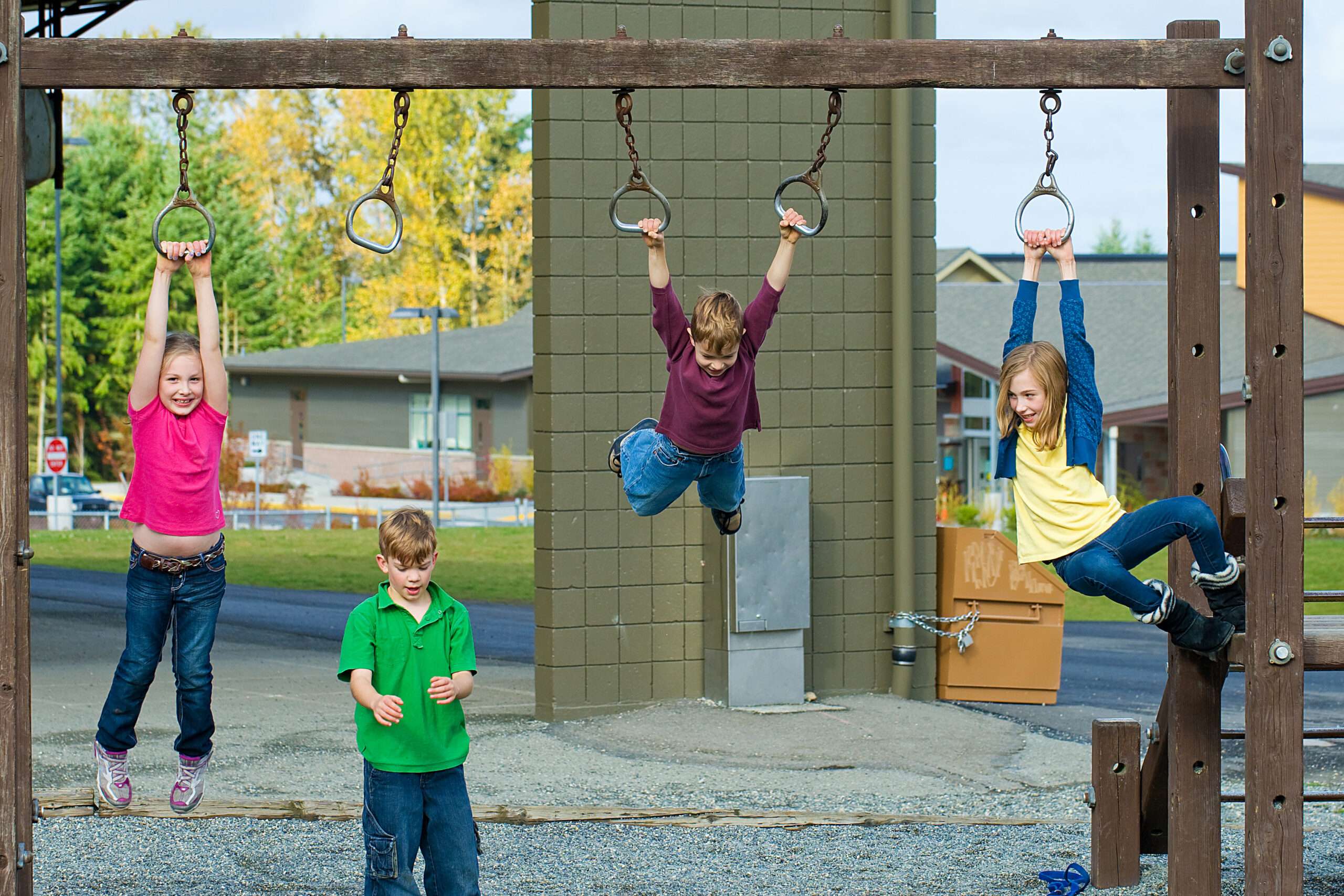A concerned mother recently visited her daughter’s elementary school in Maryland to inquire about the strict rules that prohibited children from playing tag during recess, or even closing their eyes.
The mother, who chose to remain anonymous, expressed her surprise at the numerous regulations at the new school, spanning four pages of guidelines. She obtained a copy of the “Montgomery County Public Schools Playground Supervision Recess Procedures for Playground Aides,” which outlined restrictions such as:
- Baseball and football games are strictly prohibited.
- Running, chasing, and tag games on the blacktop are not allowed.
- Students must wait for their turn on swings and bars, using an “opposed thumb grip.”
Additionally, playground aides were instructed to intervene if they sensed escalating emotions that could lead to inappropriate behavior.
Despite reaching out to the Montgomery County office responsible for recess safety, the mother received no response.
Questioning the developmental appropriateness of such stringent rules, the mother emphasized that a school’s primary role should be to educate children without hindering their growth.
Echoing this sentiment, Boston College Psychology Professor Peter Gray criticized the lack of trust in children and playground supervisors reflected in these regulations.
The mother sympathized with the administrator, who had no authority over the rules, highlighting the disconnect between the guidelines and children’s natural play behavior.
Experts like occupational therapist Angela Hanscom have observed that limited physical activity can hinder children’s proprioception development, emphasizing the importance of play in fostering social interaction and physical skills.
To promote more playtime, author Jonathan Haidt suggests dedicating Friday afternoons to neighborhood play and providing opportunities for mixed-age free play in schools, creating a no-phone zone environment to encourage social interaction.
Denying children the freedom to play in the name of safety is deemed more perilous than allowing two kids to use climbing rings simultaneously.





